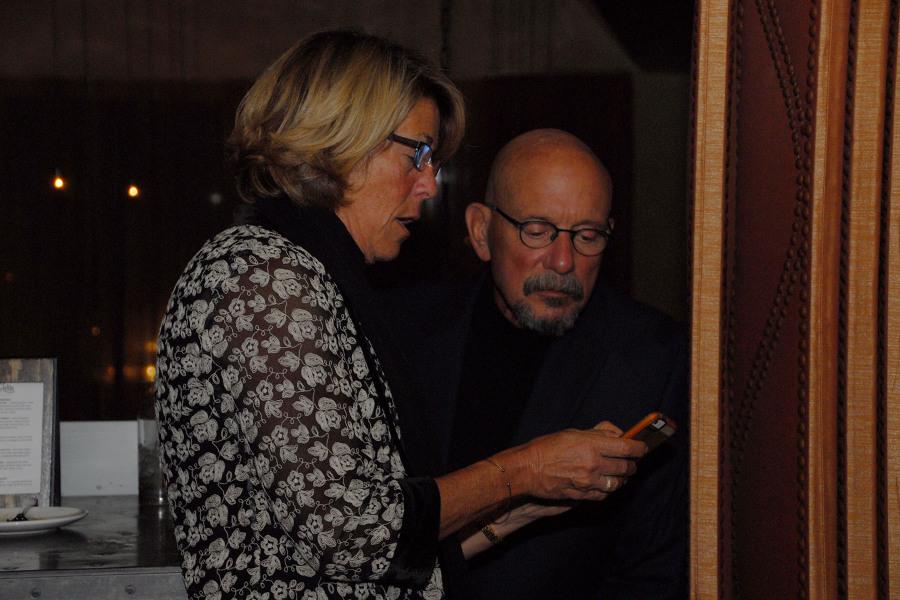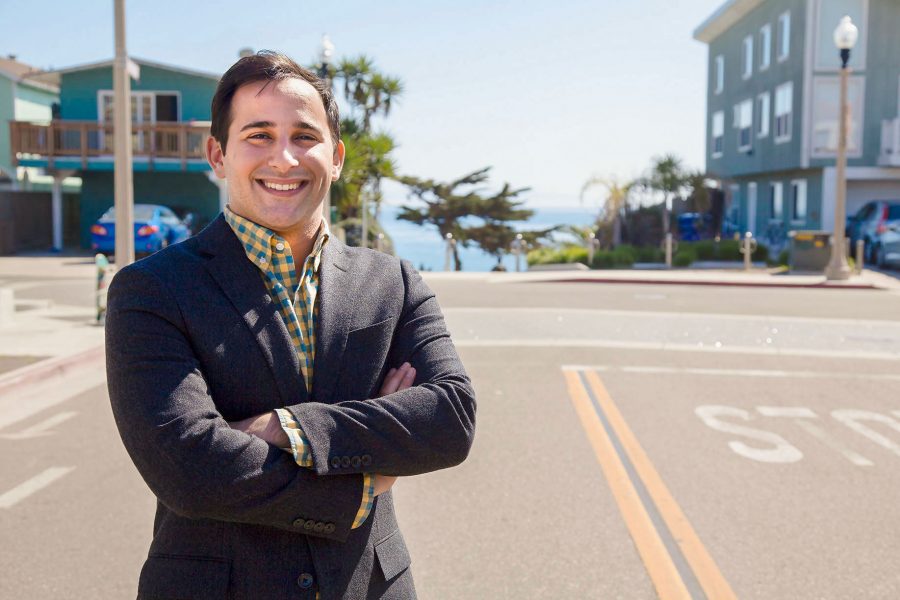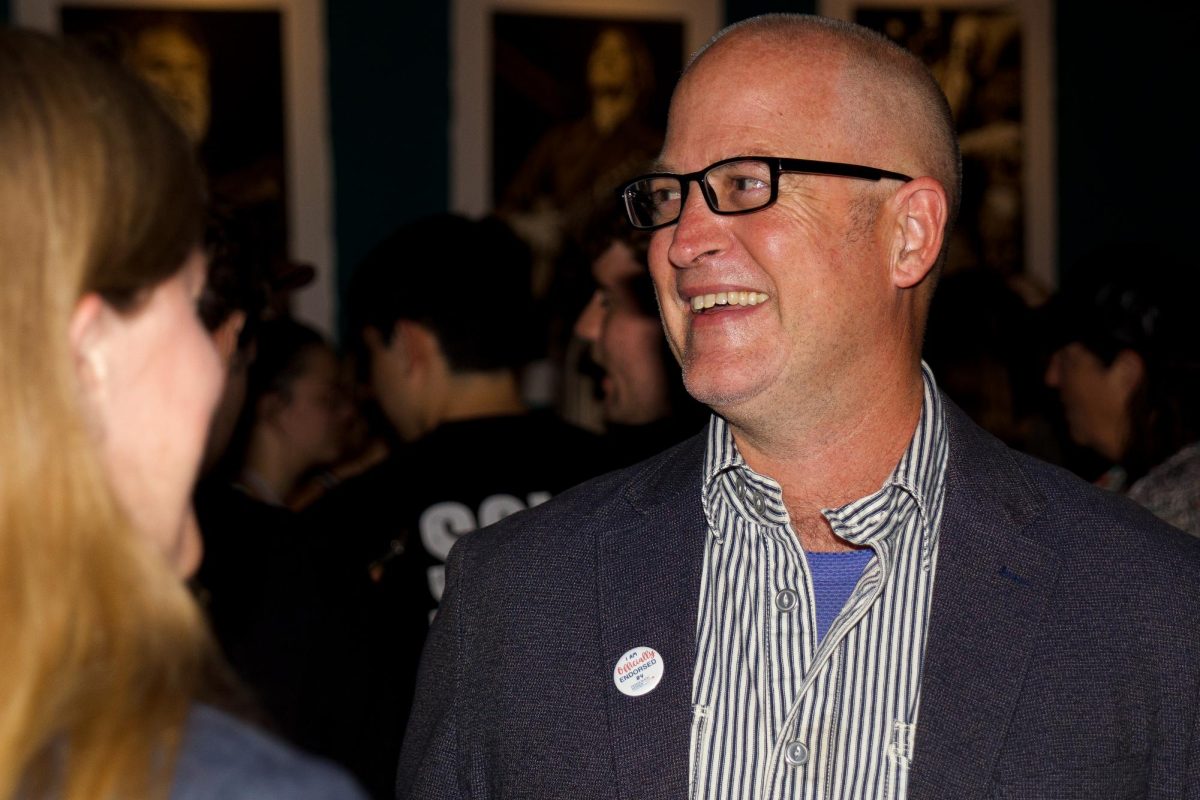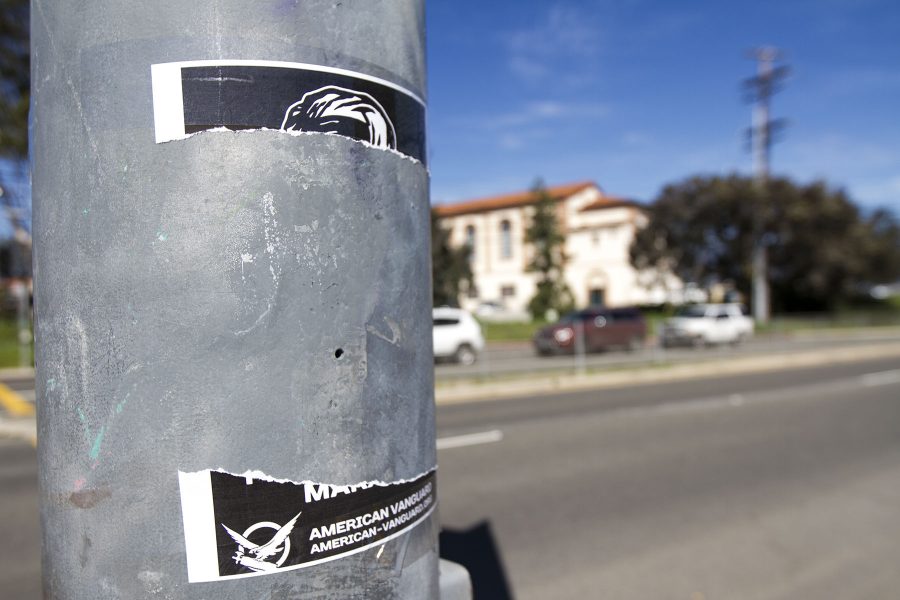Measure S was an extremely tight race but couldn’t meet the last five percent to pass the $288 million bond.
“We have to figure out how to make it happen,” said Joe Sullivan, vice president of business services, “This is something that the school really needs.”
The final polling closed with a majority of 51.11 percent voting against the bond out of 45,094 total voters. Measure S would have needed 55 percent of the total vote in order to pass.
The long-term plan would have been used to renovate and modernize City College’s many facilities and technologies to create a better learning environment for students and programs.
The funds were to be acquired from taxes on local homeowners at an estimated $16.35 per $100,000 assessed property value.
While statewide bonds have not been in effect since before the 2006 recession, Governor Jerry Brown stated that he would not support a statewide bond due to the recession, leaving it up to counties to pass local bond measures. The Democratic Party heavily endorsed measure S.
Supporters of the No on S campaign had taken a stance on ensuring reasonable limits and accountability and insisted that they were not against the renovation and modernization of the school.
“ We’re not hostile to the reasonable request from City College for an infrastructure improvement,” stated Glen Mowrer, chair on No on S. “ If they come to us with a specific need which we think is appropriate, then we can make a commitment to meet that need”.
They argued that the bond was simply too large and open-ended to be funded and would have preferred multiple, smaller bonds focusing on one project at a time—an option that City College must now take into account for the future.
As it became clearer during the election that the bond would not pass, many of the supporters of measure S headed home before the vote count even closed, including Lori Gaskin, City College’s president. One person that decided to stay for the end results was Council member Cathy Murillo.
“City College is a public school that offers opportunity to low-income at-risk youth,” said Murillo.
Former mayor Marty Blum and state senator Hannah Beth Jackson, who both felt the results were heartbreaking, walked away dissapointedly. Both Jackson and Blum felt that voters misunderstood the message of the bond.
“The message needs to be clearer,” said Jackson. “I think people thought that the bond would kick out some of the adult programs and that is far from the truth.”
Supporters on Measure S decided that plan B would be to put Measure S on the ballot again in the future.















